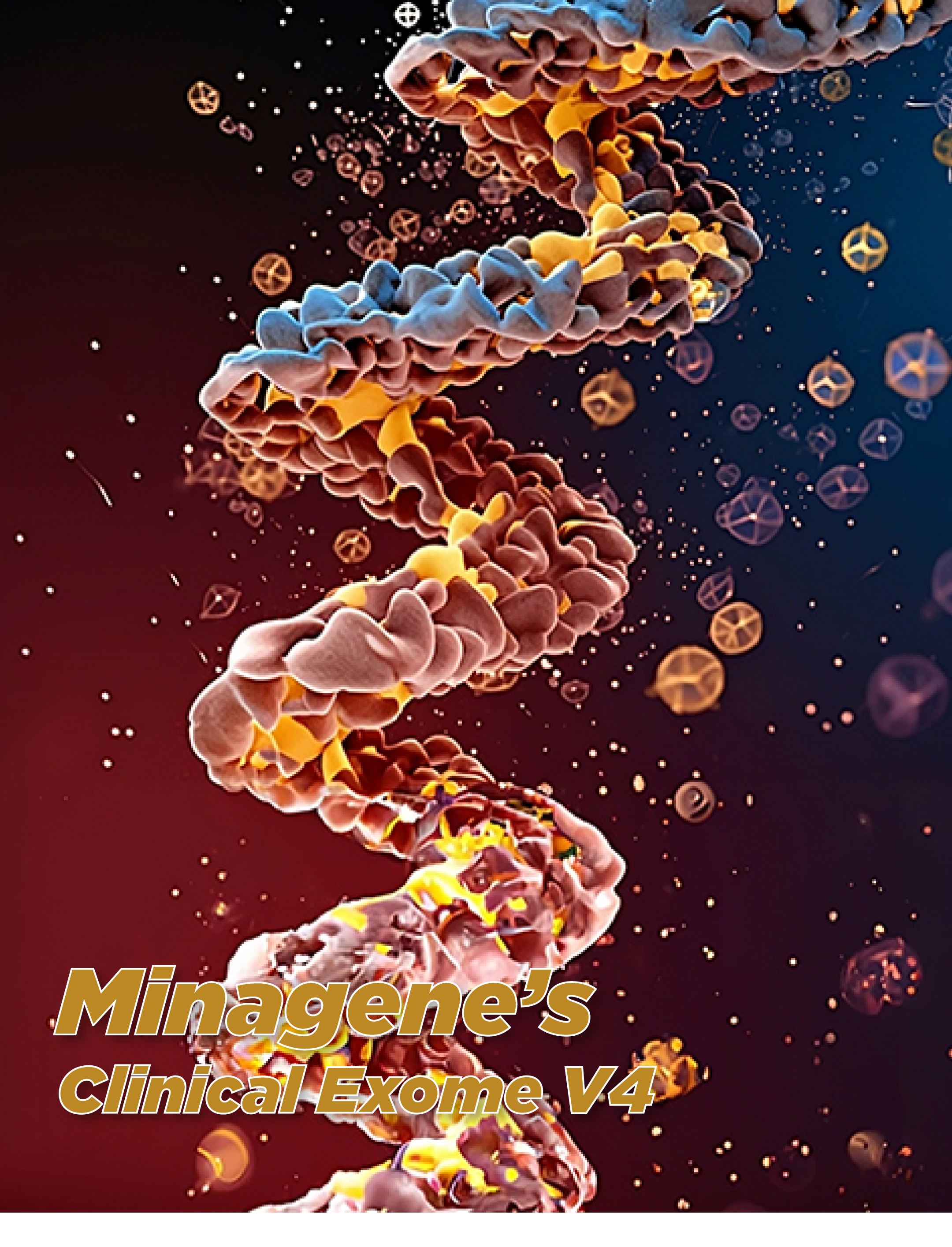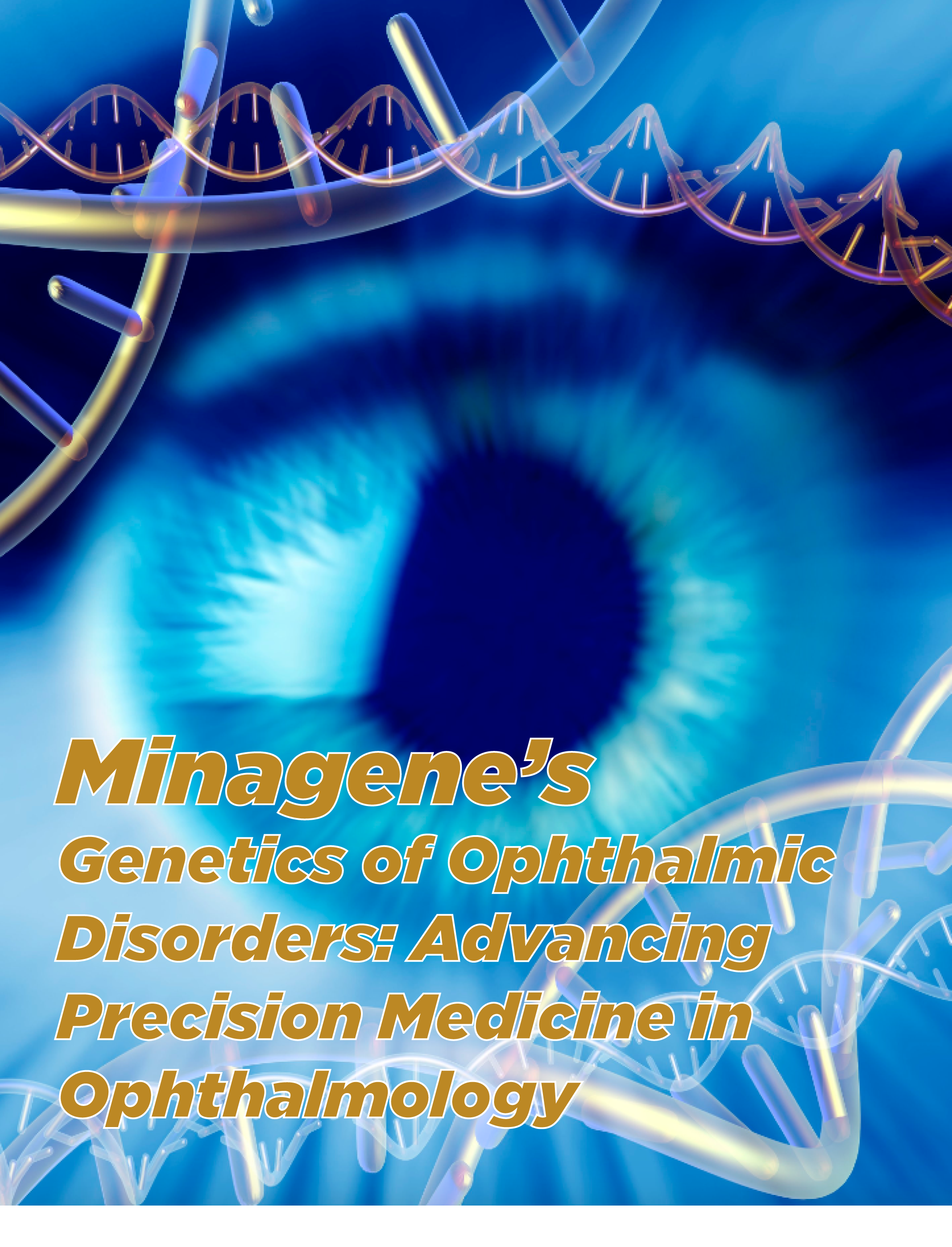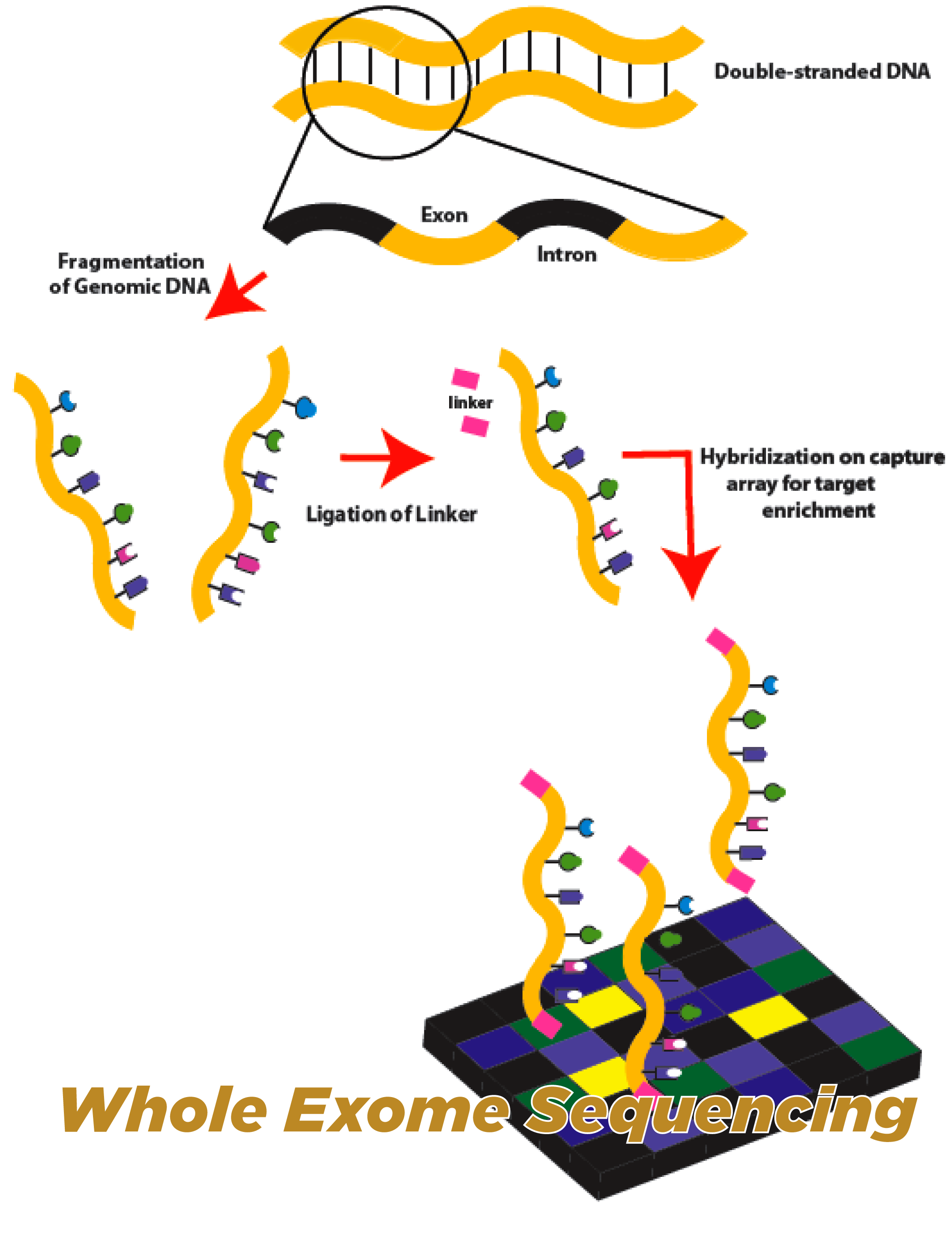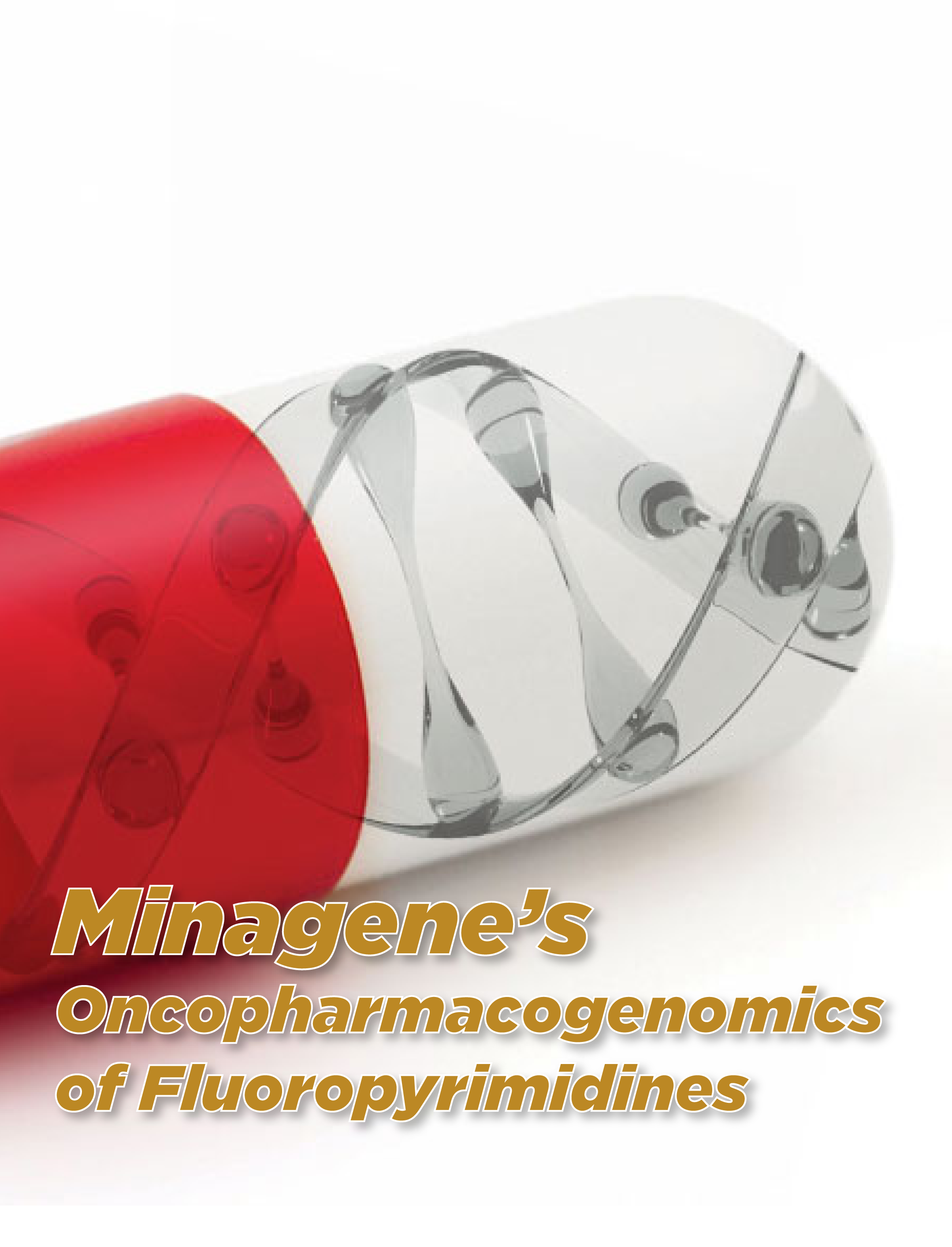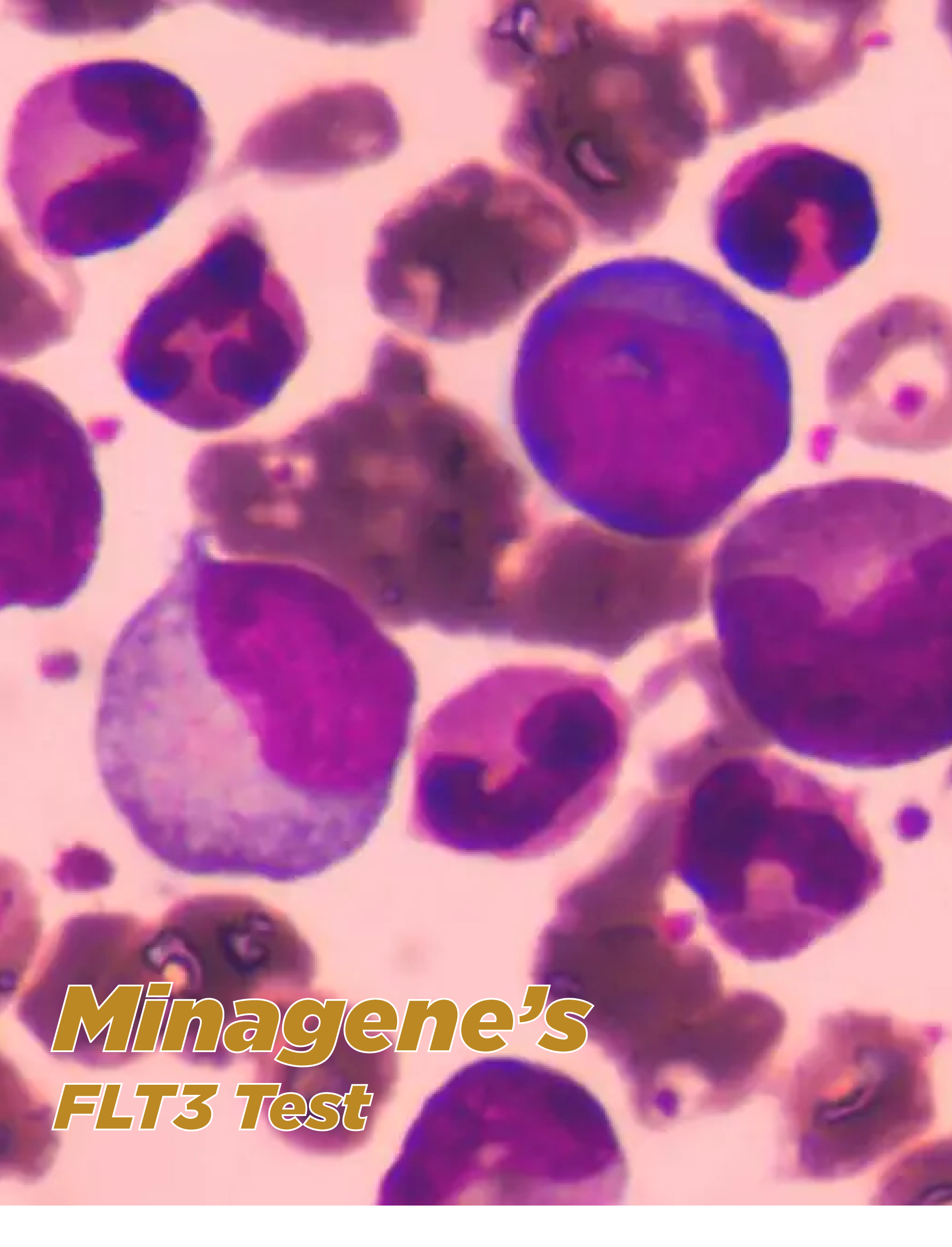
Overview
Minagene's Nephro Genetics is a specialized genetic testing service that focuses on the genetic factors underlying various kidney disorders. By analyzing specific genetic variants associated with renal conditions, this comprehensive test provides valuable insights into the molecular basis of kidney diseases, enabling accurate diagnosis, personalized treatment strategies, and improved patient care in the field of nephrology.
Methodology
The Nephro Genetics test utilizes
The Nephro Genetics test utilizes cutting-edge genetic analysis techniques, including next-generation sequencing and targeted genotyping, to examine genes known to be associated with kidney disorders. By analyzing an individual’s genetic profile, this test provides clinicians with valuable information regarding disease-causing variants, potential disease progression, and response to specific treatments.
Key Highlights of the Test:
Precise Diagnosis: The Nephro Genetics test enables precise diagnosis by identifying genetic variants associated with various kidney disorders. By uncovering the underlying genetic factors contributing to a patient’s renal condition, clinicians can achieve a more accurate diagnosis, leading to tailored treatment plans and improved patient management.
Personalized Treatment Strategies: By analyzing an individual’s genetic profile, the test helps in developing personalized treatment strategies for kidney disorders. It provides insights into potential drug targets, response to specific medications, and the likelihood of disease progression, allowing clinicians to optimize treatment plans and achieve better therapeutic outcomes.
Identification of Disease-Causing Variants: The test identifies disease-causing genetic variants associated with a wide range of kidney disorders, including inherited kidney diseases, glomerular diseases, tubulopathies, and cystic kidney diseases, among others. This information helps clinicians understand the genetic basis of the disease and provides valuable guidance for patient management and counseling.
Proactive Disease Management: Genetic information obtained from the test allows for proactive disease management by identifying individuals at higher risk of developing certain kidney disorders. This enables early intervention, regular monitoring, and the implementation of preventive measures to mitigate the progression or severity of the condition.
Research Advancements: The Nephro Genetics test contributes to ongoing research efforts in the field of nephrology. By analyzing a large cohort of patients with diverse renal conditions, the test generates valuable data that can be used to further understand the genetic basis of these disorders, develop novel therapies, and advance the field of precision medicine in nephrology.
Diagnostic Dilemmas: The Nephro Genetics test is particularly valuable in cases where traditional diagnostic approaches have been inconclusive or when there is a suspicion of a genetic component underlying the renal condition. It can provide crucial insights into the genetic basis of the disease, leading to a more accurate diagnosis and appropriate management strategies.
Inherited Kidney Disorders: The test is beneficial when evaluating individuals with a family history of inherited kidney diseases. It helps identify disease-causing genetic variants, predict disease progression, and guide treatment decisions for affected individuals and their family members.
Treatment Optimization: The test assists in optimizing treatment plans for kidney disorders by providing information on an individual’s genetic profile and drug response. This enables clinicians to select the most appropriate medications, adjust dosages, and personalize treatment strategies to maximize therapeutic benefits.
Risk Assessment and Counseling: The test aids in assessing an individual’s risk of developing certain kidney disorders, particularly in cases where there is a known genetic predisposition. This information allows for proactive management, genetic counseling, and the implementation of preventive measures to reduce disease risk.
Research and Clinical Trials: The Nephro Genetics test contributes to ongoing research efforts and clinical trials in the field of nephrology. By participating in genetic studies, patients can help advance knowledge about kidney disorders, potentially leading to the development of new treatments and therapeutic approaches


